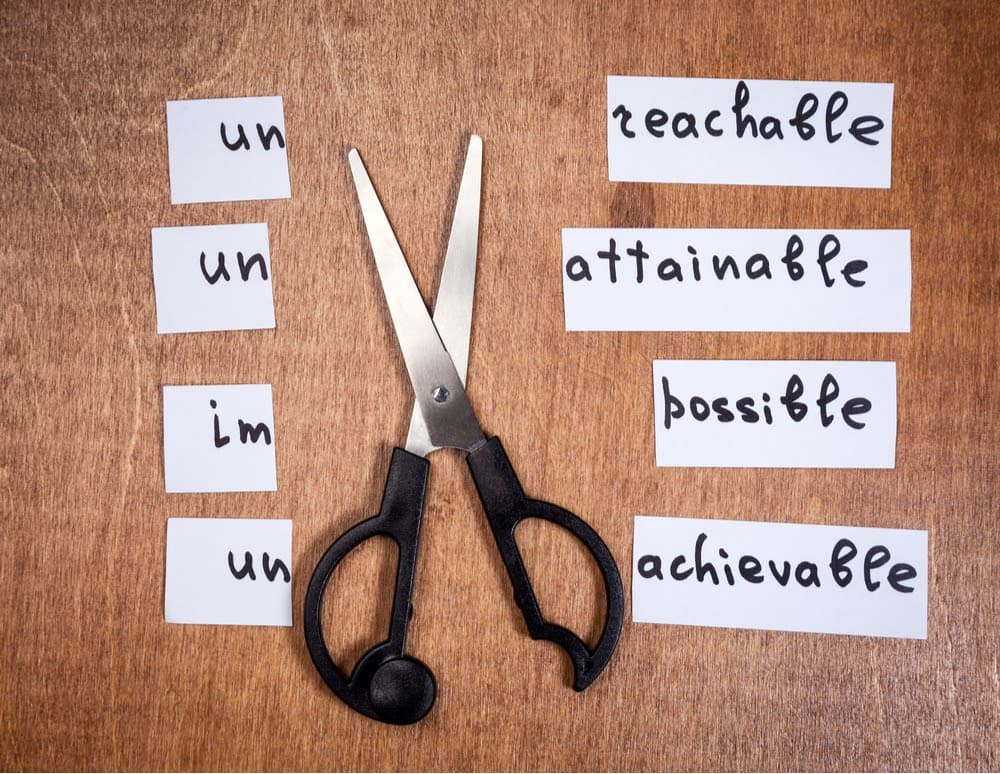It may seem inevitable that at some point your teen will experiment with drinking.
The numbers bear out the very real possibility your teen will succumb to the lure of liquor. In a recent Youth Risk Behavior Survey conducted by the Centers for Disease Control (CDC), 30 percent of high school students reported drinking in the past 30 days.
Proactive parents can still take heart, though. Even if you have a troubled teen, there are ways you can make it less likely they’ll abuse alcohol.
Instill Self-Esteem, Resilience in Your Child
Kids with low self-esteem or difficulty regulating emotions are more likely to drink to excess. So cultivating confidence and resilience in your child can help keep them from alcohol dependency.
Praise Your child
If you overpraise your child, they’ll soon cease to believe you. You can increase their confidence, however, by taking note of their actual accomplishments, strengths and positive characteristics.
Give Your Child Choices
Some matters, like whether to do homework, are non-negotiable. Letting kids make reasonable choices, however, helps them learn to trust their own judgment. You can start simply, by asking your preschooler, “Would you like macaroni and cheese or a turkey sandwich for lunch?”
Instill Optimism
The best way to help your child handle adversity is to cultivate a more positive perspective. Say your daughter isn’t invited to a party and insists no one likes her. You can challenge her black-and-white assessment by pointing out she’s been invited to several parties this year.
Nurture Your Child’s Interests and Abilities
You can help your child develop a sense of identity and accomplishment by encouraging them to participate in activities they like and are good at. If your daughter’s a budding tech wizard, sign her up for a robotics program. If your son excels at soccer, get him involved with a team and cheer him on!
By nurturing your child’s interest and abilities, you can also keep them from being bored–one of the main reasons teen say they drink.
Teach Coping Skills
When your child’s overwhelmed by negative emotions, show them ways to calm down and move on. You can encourage them to take a break from whatever is frustrating them, or guide them in relaxation techniques like counting backwards or deep breathing.
Be Friendly To Your Child’s Friends
Friends are all-important to teens. If your adolescent senses you don’t like their friends or that their peers aren’t welcome in your house, they’ll head elsewhere. This approach leads to some serious questions. Is your teen at a house where parents are gone or are lax about rules? Are the kids using alcohol or drugs?
If you want to ensure your teen is supervised, be welcoming to their friends. Making your house a desirable hangout gives you a chance to provide some supervision.
Talk To Your Child About Alcohol
It’s crucial to let your child know you won’t tolerate alcohol use. Talking about drinking is a discussion you should have early on because by 8th grade, 40 percent of teens have tried alcohol.
Kids crave explanations rather than arbitrary rules. You can provide some compelling reasons by providing some sobering CDC statistics. Teens who drink before age 15 are 6 times more likely to become alcoholics as adults. And 4, 300 teens die each year as a result of excessive drinking, with causes including:
- Alcohol poisoning
- Drownings and recreational accidents
- Drunk driving accidents
- Suicides and murders
Other risks associated with teen alcohol use include:
- Being the victim of violent crimes like rape and assault
- Risky sexual activity
- Damaged friendships or reputation due to inappropriate behavior.
- Poor academic performance.
- Trouble with police.
Make a Contingency Plan
It’s also advisable to put a potentially lifesaving plan in action. Let your teen know that if they or their designated driver ever become inebriated, you’ll pick them up, with no questions asked.
Model Healthy Alcohol Use
As an adult, you’re legally entitled to drink, but it doesn’t mean you shouldn’t scrutinize your habits. Kids watch everything their parents do and tend to pick up your proclivities, good and bad.
Are you a heavy drinker? If the answer is yes, consider adopting a more moderate approach. Otherwise, you’re providing your children with a model where drinking to excess is the norm.
You may also want to assess your attitude toward alcohol. Often saying things like, “I’ve had the worst day. Do I ever need a drink!” teaches kids that drinking is a go-to remedy for stress.
If your adolescent has a drinking problem, consider sending them to a residential treatment center for troubled teens. It can offer a safe harbor where your child can receive the therapeutic and academic support they need to successfully transition into adulthood.
It can be hard to choose among the many programs for troubled teens while navigating financing options. You can always Contact us at Help Your Teen Now for free guidance. As parents as well as professionals, we believe the future can and should be bright for every teen.











0 Comments